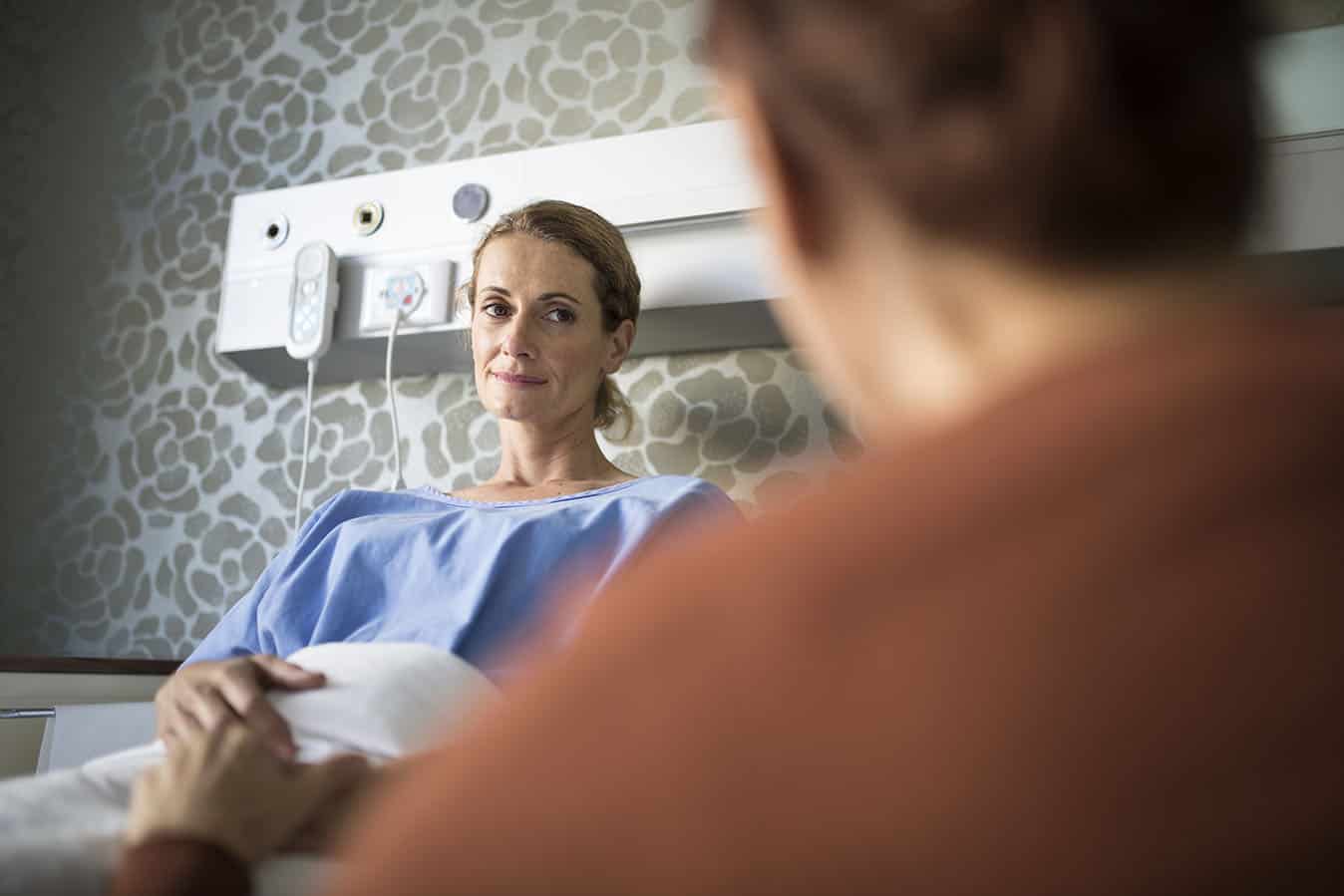Recent changes in socio-political ideology have allowed for a more open discussion about the views of contemporary Australian society in relation to diversity.
The discussion surrounding the marriage equality postal survey in 2017 provided an opportunity for the Australian government and Australian community to openly show their support (or not) for same-gender attracted and gender diverse (SGD) people and provide equal status under the law through the legalisation of marriage between two people of the same gender.
The overwhelming support for changing the Marriage Act signifies that Australia as a country is a strong advocate of equality and acceptance of SGD people.
For this reason Australian society is becoming an environment that fosters the ability for SGD adolescents and adults to explore their sexual and gender identities earlier, and more publically thanks to the global sensation of social media.
Social media permeates our society with everyone’s likes, dislikes and personal opinion (Humphrey 2016), but also presents the erroneous perception of an increase in the number of people that are now identifying as same-gender attracted or gender diverse ie. transgender/trans.
Openly SGD people require access to healthcare just like other people in society. An understanding of the history of the relationship between healthcare services and the SGD community provides a historical tale of how professional health organisations, eg. the World Health Organization (WHO) and American Psychiatric Association (APA), pathologised SGD people as a mental health illness. As such SGD people have suffered at the hands of healthcare professionals undergoing psychological interventions (eg. gay-conversion therapy) and faced stigma and discrimination by healthcare professions.
In 1973 same-gender attraction (homosexuality) was removed by the APA. The WHO later changed their definition in 1992; but transgender or gender dysphoria remained a mental health illness until 2018 (WHO 2018).
Even so the lack of awareness of correct terminology eg. pronouns or appropriate conversational language, causes the healthcare consultation to be a negative experience for an at-risk health population (ie. high-risk behaviours, elevated rates of depression, substance abuse and other mental health presentation). Consequently, this population is less likely to approach a healthcare facility or actively avoid them all together (Beagan et al. 2012; Quinn et al. 2015; Parameshwaran et al. 2017).
Anecdotal experience has shown evidence of SGD being disrespected by nursing staff during handover and actively mocked during general staff interactions, highlighting a culture of ignorance and the need for education.
Nursing (and medical) healthcare professionals need to do better, by modifying their behaviours or interactions with other healthcare professionals and in doing so advocating for the person they are caring for provides more inclusive or optimal healthcare for members of the SGD especially those exploring their gender identity.
To facilitate and improve the experience that SGD have when accessing healthcare, simple interventions can be applied:
Presentation:
- confidentiality;
- avoid presenting the person’s gender identity as their presenting complaint; and
- use of their preferred pronouns.
Equipment:
- de-gender procedure names and body parts, instead referring to them by their actual names (eg. urethral catheterisation); and
- utilise computerised record keeping that can reflect the person’s gender identity and intimate partner relationship.
Education/support:
- educate other healthcare professionals, and advocate for the correct use of pronouns for the person that is under your care;
- promoting an inclusive environment establish Equality and Inclusion Committee; and
- develop a LGBTIQ liaison worker to provide ongoing support and training for healthcare professionals.
As nurses, we are educators, and we are advocates. We actively seek out learning opportunities to stay up to date with changes in nursing practice, or hospital policies and procedures in order to be able to provide optimal care for the people under our care and their families. Why can this not be done for SGD issues? To improve healthcare experiences for the SGD community all that is required is the respect that acknowledges their diversity and the compassion to work with this at-risk group to improve healthcare accessibility.
Making these changes does not change how we provide care, but it will improve on the healthcare experience for SGD people who are accessing and receiving our care. The SGD community are not asking to be special, just to be treated with respect.








